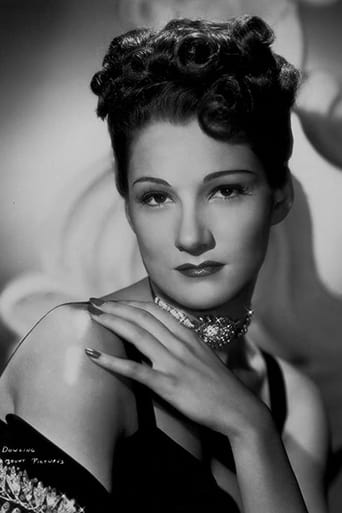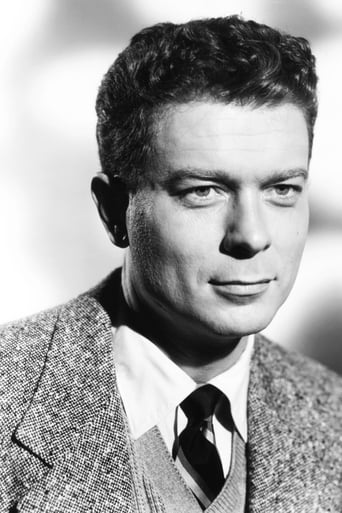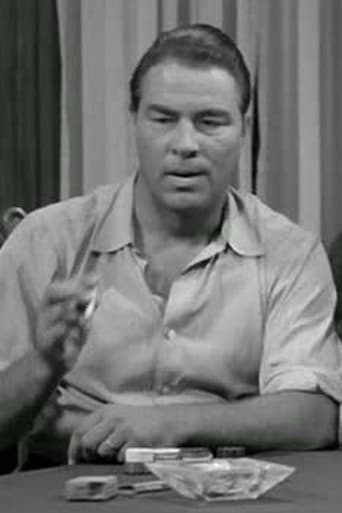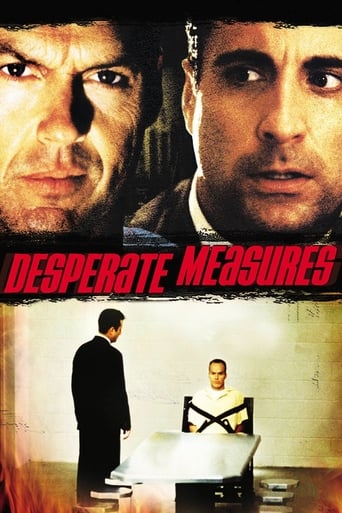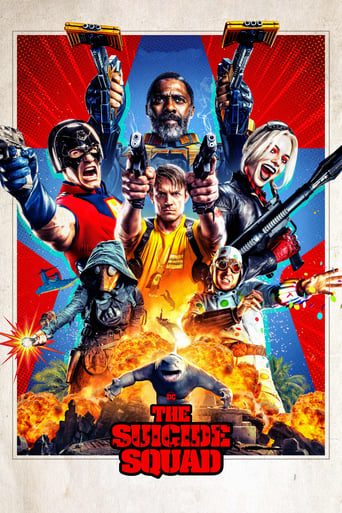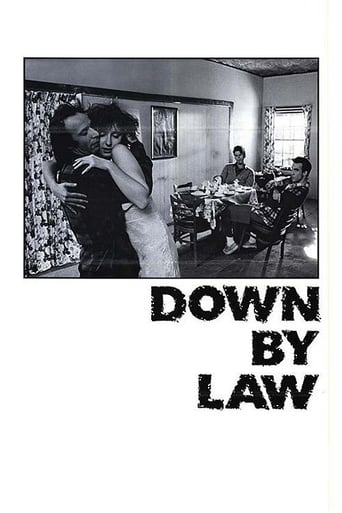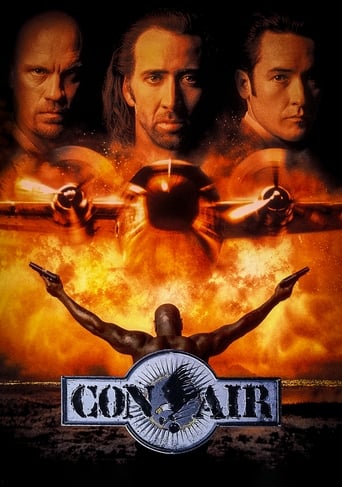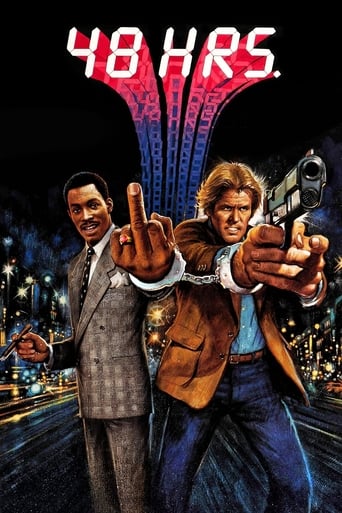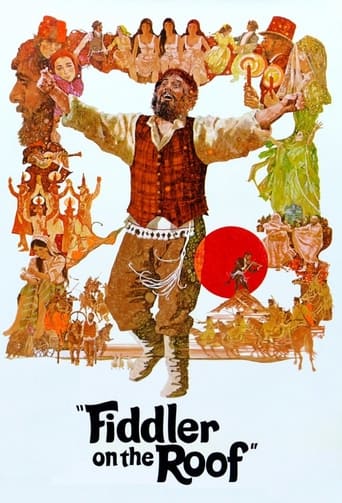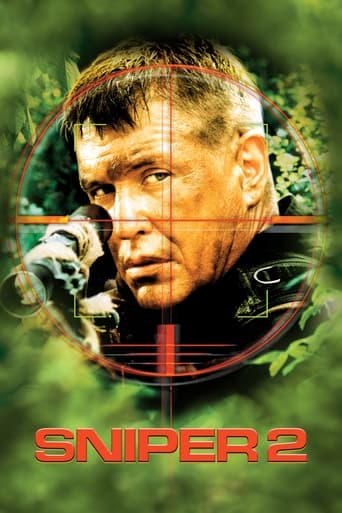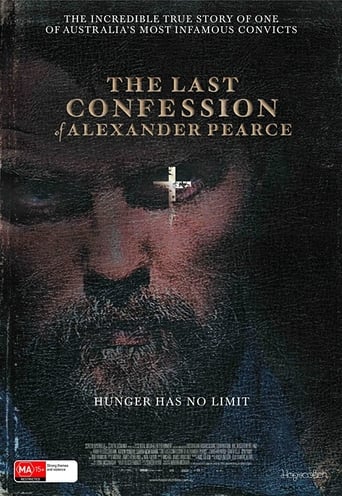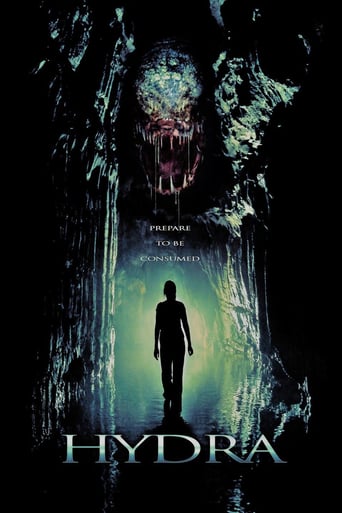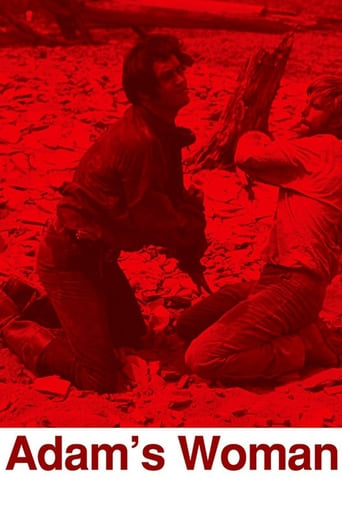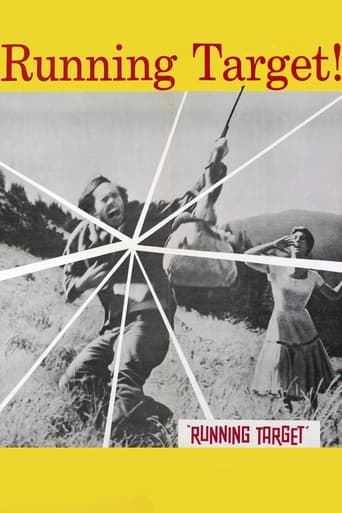
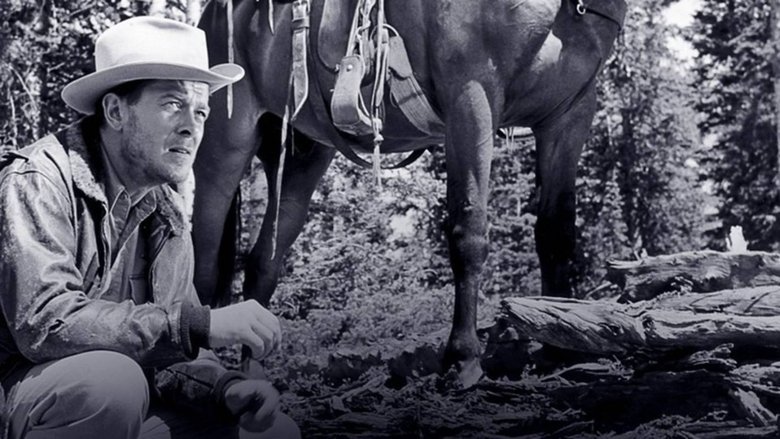
Running Target (1956)
In the Colorado Rockies, Sheriff Scott, heads a posse that is after four escaped convicts, and thought it is his sworn duty to return the men dead or alive, he is, as always, reluctant to kill his fellow man. He is accompanied by Jaynes, a tavern owner, who takes much delight in his telescopic rifle, and by "Smitty," a gas station held up the escapees and more than ready to show she can be as tough as any man, although she seems to have some other motive for getting to the leader of the convicts, Kaygo.
Watch Trailer
Cast


Similar titles
Reviews
Why so much hype?
Sorry, this movie sucks
Best movie ever!
One of the worst ways to make a cult movie is to set out to make a cult movie.
Was curious about this movie because Richard Reeves had third billing for it. In dozens of movies he had played small parts of bad news enforcers . Usually it takes only one look at him to know he is looking for an excuse to be violent. For the most part in those movies his lines added up to only a minute or two so how would he do in this movie. Maybe having a bigger part would show that he was in above his head and disappoint . Glad to report that Richard Reeves did not miss a beat in a continuation of playing the heavy very well. The bigger part in the movie even calls for one character to analyse him and it seems very accurate . Reeves did have one line that made me laugh out loud ,that was different. If there is another Richard Reeves fan they need to see this movie. As far as the rest of the movie goes the viewer is on their own. Character study may find that Reeves part is the easiest to understand.
I first saw "Running Target" many years ago and it had already been kicking around on local TV networks for sometime. Originally released, no doubt, as a second feature with a much bigger movie, it has a typical '50's "B" list provenance with a cast of reliable "B" list stars, all of whom made many more flicks throughout that decade and beyond. By today's standards much of the dialogue and characterizations come across as hackneyed, trite and corny as hell - as a couple of previous reviewers have pointed out with varying degrees of articulation and insight - but... but... there's something undeniably different about this flick's story line and "feel" that just sticks with me after all these years - and I'm not alone in this thinking as several other reviewers have stated similar sentiments. If you're going to review a movie, whether a rave or a slam, at least make an attempt to put it is some sort of context relating to its era, the politics and the prevailing culture of the country at that time. This movie was released a scant ten years after WWll, three years after the Korean War. It was made during a period of unprecedented prosperity in America - the Eisenhower years - and only a few years after the Senator Joseph McCarthy Un-American activities witch hunts were conducted in which any entertainment figure with a hint of "leftist" activity was branded a communist by "tail-gunner" Joe. (Indeed, the three male leads, Franz, Healy and Reeves had all served in the war as combat veterans, with Franz actually shot down in his bomber over occupied Europe. No doubt many others in the production had served as well). Some reviewers take issue with the sheriff, Scott's, "liberal" or "pacifist" leanings throughout the movie: unlike Jaynes, he has no interest in killing any of the escapees. He wants to do his job with no bloodshed at all, if possible. Could it be that his character has already seen enough of killing in his lifetime; could it be that Jaynes just hasn't seen enough yet to satisfy his own blood lust? On the surface, the lone woman in the posse, Smitty, comes across as almost masculine in her resolve to get Kaygo as a supposed revenge for his and the other cons robbing her gas station. Could it be that as a single woman, successful and independent, very unusual for that time, Smitty had to be equally as tough and hard to survive in a very male-oriented environment? By the film's climax, that veneer cracks to reveal something entirely different about her own quest. The direction, camera-work, incidental music and yes, even the script, all hint at something more meaningful than the average "revenge manhunt in the Rockies" flick. I think that the movie achieves its goals, no matter how modest they were, at aspiring to something different, and yes, even a bit haunting, from what you might expect from an example of that genre, at that time.
Arthur Franz seemed to like a variety of roles, and tried to make each of his characters into something larger than the character should naturally be.That seems to be the case here, as he plays the professional lawman, the sheriff, leader of a posse after four escaped convicts, all of whom are very dangerous.This is a bizarre script, and not really believable, as the chief characters are all very one dimensional. The sheriff, even if he's an elected official, is way too complacent and passive towards men who are proved to be dangerous. The woman is a packaged feisty Hollywood cliché who gets soft only when it's a Hollywood scenario. The antagonist sharp shooter is so unstable that one can't imagine him being allowed in the posse.That said, it is watchable, and there are a few good bits. The most telling bit is when a bank robber brags that he never had to shoot anyone, in a jibe against the sharp shooter.The character of the sheriff is ridiculous, and it's hard to say more without spoilers. It's just a silly script. At first we get the feeling that they're all basket cases escaped from an asylum, except the two minor members of the posse seem fairly normal.The sentiments echoed by the sheriff have a passiveness that isn't bad, but just doesn't ring true of a lawman, and also are out of place in the situation.
Whoa, first commenter missed the point of this movie entirely...Jaynes is a killer with a license and a high powered rifle, and volunteers for this manhunt for one reason. To kill. The sheriff has seen him in action many times, doesn't want the dude around, but Jaynes weasels in anyway, thus we have a built in conflict from the start. Three of the escaped convicts aren't murderers, just people seeing a chance at freedom and taking it. The sheriff want's to round them up without bloodshed, he's aware that we all share a common bond regardless of our situations. Yep, we also have the love triangle thing, the jealousy, and many other aspects rolled into this movie, but the main theme is that we all screw up now and then, we're all human, and we shouldn't kill others for the pure enjoyment of pulling the trigger and watching them hit the dirt. That's what Jaynes thrives on, and why the sheriff smashes his high end rifle to bits on a rock toward the end of the movie. Overall theme? There is good and bad in all of us, it just flourishes in different degrees. Trivia: Murvyn Vye couldn't cut the roll of Jaynes, and was fired, replaced by Reeves, who had a very small role in the movie up to that point. He took it and flew with it, did an excellent job portraying the sociopath, the remorseless killer. Of the many movies that were based on Steve Frazee stories, this was one of the best, a sleeper b budget flick that stuck to the script thanks to the insight of budding director/cameraman Jack Couffer, and the killer camera-work of upstart Conrad Hall.


